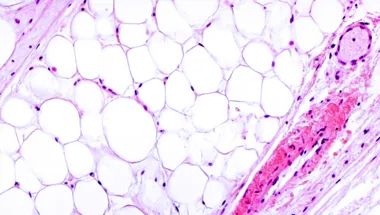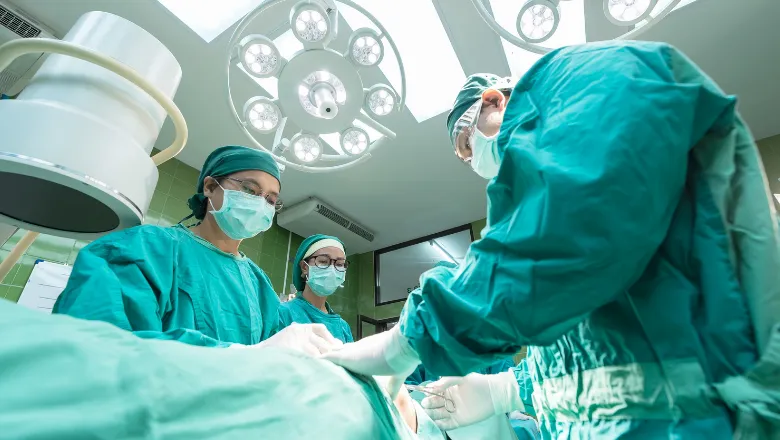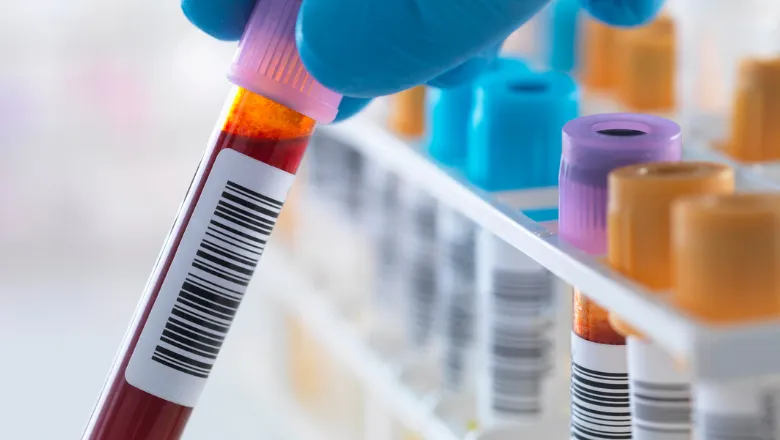
Professor Geltrude Mingrone
Professor of Diabetes and Nutrition
Research interests
- Diabetes
- Nutrition
Biography
Professor Mingrone’s research mainly focus on the role of the small intestine in insulin resistance, type 2 diabetes and non-alcoholic fatty liver disease. She is expert in energy expenditure and metabolism regulation using indirect calorimetry and, in particular, the calorimetric chamber where a subject stays 24 hours in near free-living conditions. She studies body composition with MRI and DEXA. She investigates insulin sensitivity and fat metabolism with stable isotope infusion and euglycaemic hyperinsulinaemic clamp.
She received her MD and completed her residency in endocrinology and in gastroenterology at the Catholic University / Policlinico Gemelli in Rome, Italy. She obtained a PhD in Clinical Pharmacology at the University of Ghent in Belgium. Professor Mingrone received numerous awards, has given hundreds of presentations throughout the world, and is the author of over 350 articles in peer-reviewed journals and book chapters.
She contributed and is still contributing to the ADA/EASD guidelines for the treatment of type 2 diabetes.
Research

Obesity, Type 2 Diabetes & Immunometabolism Research Group
We are experimental medicine researchers and clinical academics. Our ‘bench to bedside’ research spans from basic discovery science, investigating the immune system and the susceptibility to obesity/insulin resistance, to an array of clinical studies investigating the impact of pharmacotherapy, bariatric surgery, diet and ethnicity on obesity and type 2 diabetes.
News
Incisionless device could revolutionise treatment for diabetes, liver disease and severe obesity
A completely incisionless device that replicates metabolic surgery without making any cuts could surpass current technologies for managing metabolic...

Surgery most effective treatment of metabolic liver disease
Metabolic (bariatric) surgery is more effective than medications and lifestyle interventions for the treatment of advanced non-alcoholic fatty liver disease.

King's researchers create highly accurate non-invasive test for major liver diseases
The liquid biopsy test, which uses two circulating proteins, was found to be highly accurate, sensitive, and specific for both NASH and liver fibrosis. For...

Gastrointestinal surgery can be a cure for type 2 diabetes finds new long-term study
The results of a randomized clinical trial with the longest follow up to date show that metabolic surgery is more effective than medications and lifestyle...

Research

Obesity, Type 2 Diabetes & Immunometabolism Research Group
We are experimental medicine researchers and clinical academics. Our ‘bench to bedside’ research spans from basic discovery science, investigating the immune system and the susceptibility to obesity/insulin resistance, to an array of clinical studies investigating the impact of pharmacotherapy, bariatric surgery, diet and ethnicity on obesity and type 2 diabetes.
News
Incisionless device could revolutionise treatment for diabetes, liver disease and severe obesity
A completely incisionless device that replicates metabolic surgery without making any cuts could surpass current technologies for managing metabolic...

Surgery most effective treatment of metabolic liver disease
Metabolic (bariatric) surgery is more effective than medications and lifestyle interventions for the treatment of advanced non-alcoholic fatty liver disease.

King's researchers create highly accurate non-invasive test for major liver diseases
The liquid biopsy test, which uses two circulating proteins, was found to be highly accurate, sensitive, and specific for both NASH and liver fibrosis. For...

Gastrointestinal surgery can be a cure for type 2 diabetes finds new long-term study
The results of a randomized clinical trial with the longest follow up to date show that metabolic surgery is more effective than medications and lifestyle...

